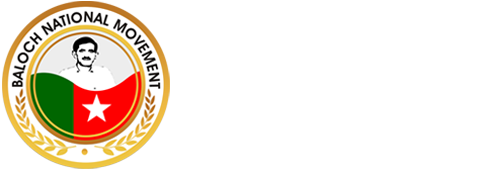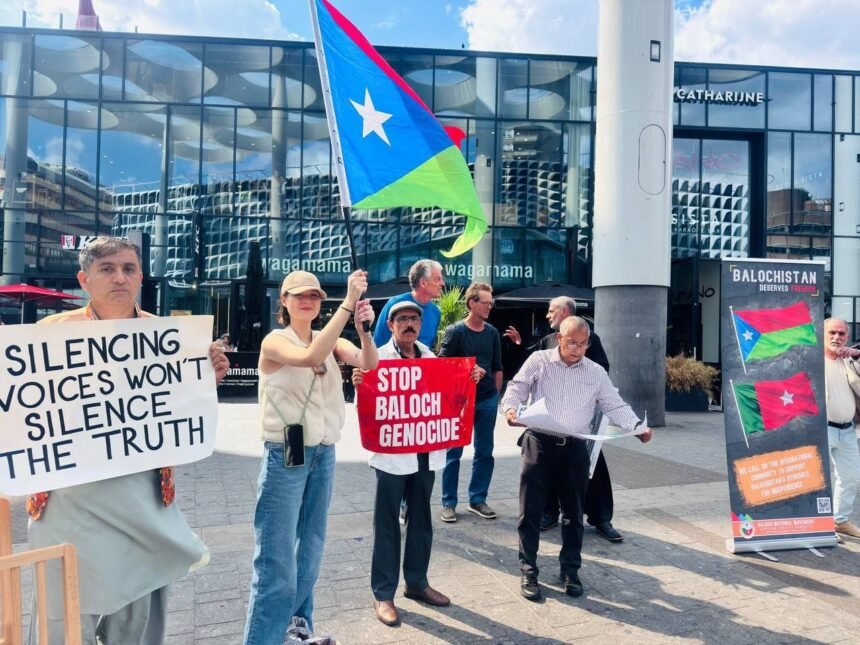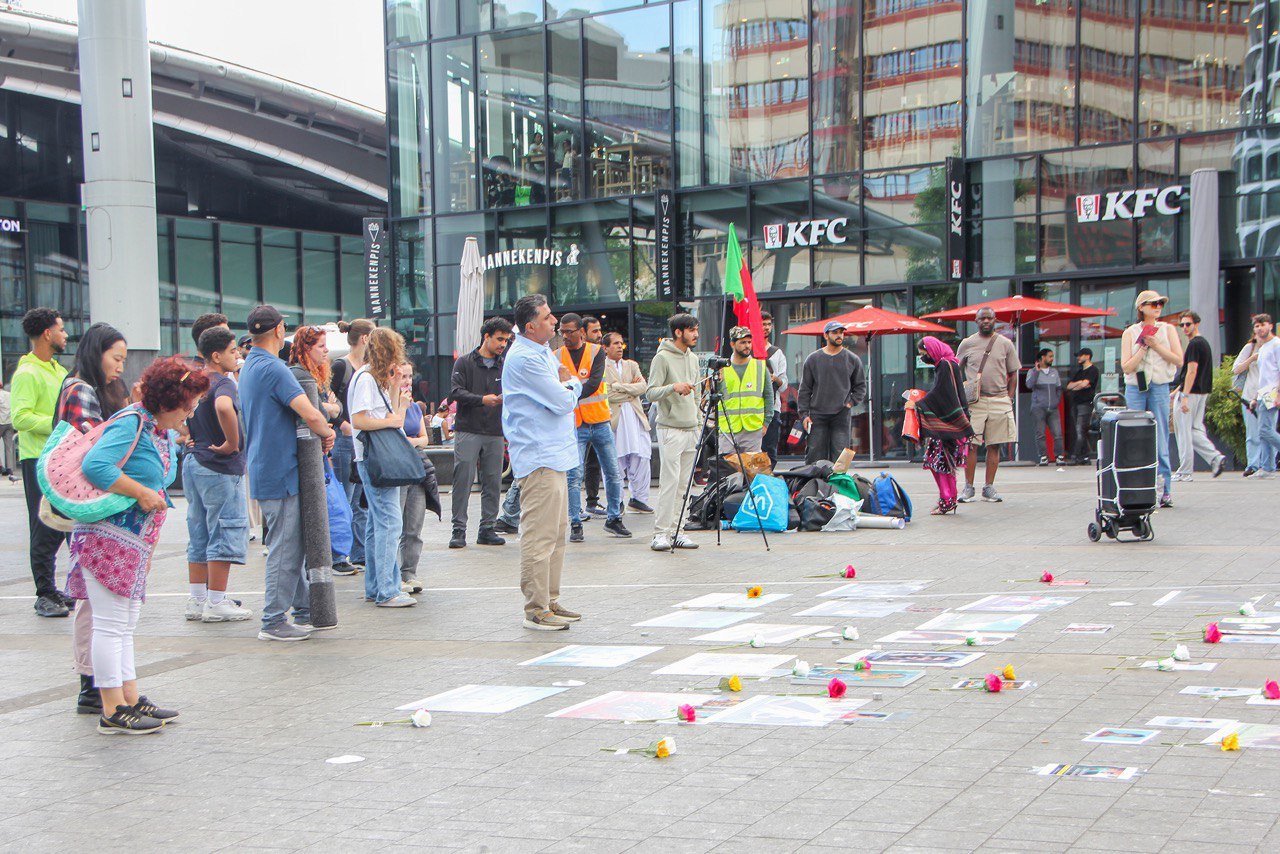On August 30, the International Day of the Victims of Enforced Disappearances, the Baloch National Movement (BNM) staged a protest in the Dutch city of Utrecht. The demonstration was also joined by members of the Pashtun Tahafuz Movement (PTM), the Jeay Sindh Freedom Movement, and several human rights activists. Participants carried photographs of the disappeared, along with banners and placards highlighting the issue of enforced disappearances in Balochistan.
Among the speakers were BNM Netherlands Chapter President Maheem Abdul Rahim, Dr. Latif Baloch, Iqbal Baloch, Muneer Baloch, Kia Kareem Baloch, Abdul Sattar of the Jeay Sindh Freedom Movement, and human rights activist Zar Khan. They stated that enforced disappearances at the hands of Pakistani state institutions have become a systematic state policy, targeting thousands of Baloch, Pashtun, Sindhi, and other marginalized communities.
Speakers emphasized that no community is safe from the Pakistani security forces. Political activists, students, lawyers, teachers, journalists, writers, and human rights defenders are abducted without due legal process and forcibly disappeared. Families are left in anguish, often with no information about their loved ones for years.
They added that enforced disappearances are not just a legal or political issue but a profound human tragedy. The suffering extends beyond the victims themselves to their families, communities, and nations, causing deep psychological, emotional, and social scars.
“Anyone who dares to speak of freedom, justice, or national rights faces the punishment of enforced disappearance. Over the past two decades of military operations in Balochistan, thousands of people have gone missing — among them students, human rights activists, teachers, doctors, lawyers, intellectuals, and young people. Many were extrajudicially killed and buried in mass graves, while the fate of countless others remains unknown.”
The speakers further stressed that an enforced disappearance is not merely the loss of one person but the daily torment of an entire family: a mother wandering in search of her son, a sister crying for justice at every door, and a father falling silent under the weight of helplessness. These are wounds that only those who endure them can truly understand.
Highlighting the situation in Baloch, Pashtun, and Sindhi regions, the participants declared that these disappearances are a grave violation of international human rights, and the silence of the global community is shameful. They urged the United Nations, European Union, Amnesty International, Human Rights Watch, and other international organizations to take serious notice of these abuses and hold the responsible institutions and individuals accountable at the global level.



